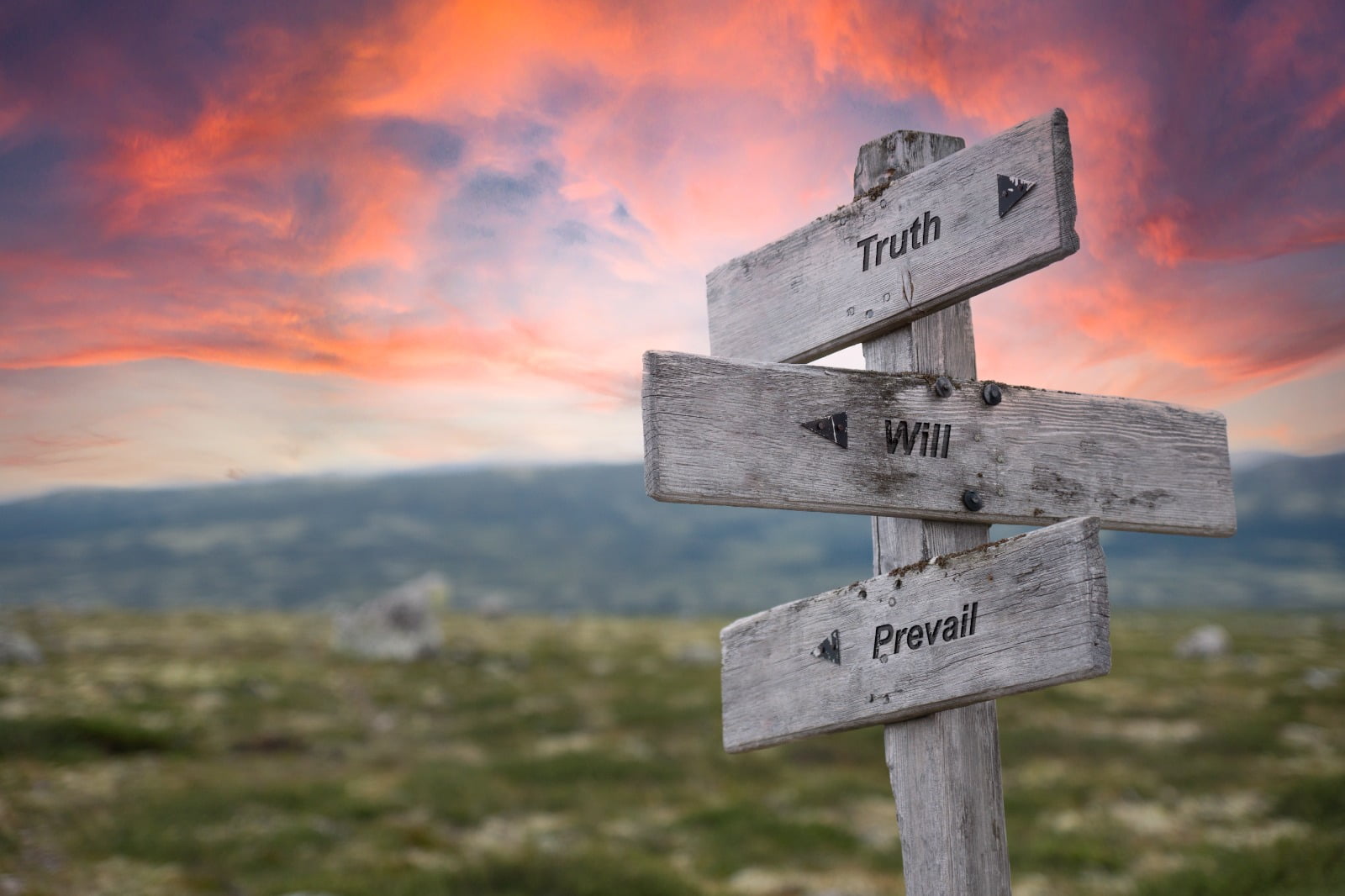In a world consumed by power and control, it comes as no surprise that many people find solace in fabricated realities while exerting pressure on others to conform. As a compassionate guide on the path of self-discovery, I have the privilege of helping people recognize the illusions they’ve created and liberate themselves from unproductive beliefs. Today, we embark on a delightful exploration of 3 thought-provoking questions about the world we live in right now. These timeless questions hold an even greater relevance in our present age, urging us to reconsider our perspectives on life.

3 Thought-Provoking Questions We Should Be Asking About The World We Live In
1. Who Holds the Reigns of the Monetary System and Global Debt?
Consider the staggering global debt that permeates our societies, entrapping people and nature in insidious slavery. The United States alone purportedly owes a staggering $20 trillion, while the world’s overall debt reaches an astonishing $215 trillion. Yet, we must ask ourselves: To whom are we indebted?
Money, fundamentally a medium of exchange, lacks intrinsic value; it merely facilitates transactions between people. However, the current monetary system places this invaluable tool in the hands of private entities that rent it out to national governments. In turn, governments employ the labor of their citizens as collateral against these loans. Consequently, future generations find themselves burdened by debts they did not willingly incur. But who precisely are the masters to whom humanity owes this debt?
2. Does Society Truly Recognize Individual Ownership of the Body?
“This is the way freedom is hijacked—not all at once, out in the open, but stealthily, little by little, behind closed doors, and with our own agreement. How will we be able to resist when so many of us have already willingly handed over the keys to our own consciousness to the state and accepted without protest that it is OK to be told what we may and may not do, what we may and may not explore, even what we may and may not experience, with this most precious, sapient, unique, and individual part of ourselves?
If we are willing to accept that then we can be persuaded to accept anything.” – Graham Hancock
Ownership entails possessing explicit rights to utilize, control, and dispose of something as one sees fit. Our bodies, the only possessions we carry from birth to death, should ostensibly fall under this realm of individual ownership. However, can we confidently claim ownership over our bodies?
This question gains urgency in the face of mounting pressures on people who choose to forgo invasive medical treatments. Consider the coercion experienced by children battling serious illnesses who are mandated to undergo medical treatments or the fluoridation of water without public consent. Furthermore, the criminalization of natural medicines and the potential imposition of compulsory psychotropic medications resemble the dystopian scenario depicted in Aldous Huxley’s Brave New World. Thus, we must ponder: Do we truly own our bodies, or are they subject to state control?
3. Why Does Society Restrict and Criminalize the Exploration of Consciousness?
The most formidable prisons do not confine us materially but rather reside within our minds. Perception, opinion, and understanding are dynamic concepts that can instantaneously transform due to a resonating idea or experience. Our progress and happiness rely on expanding the boundaries of possibility. However, an entrenched system and cultural paradigm restrict our minds, hindering personal growth.
Curiously, society permits the degradation of consciousness and spirit through vices like alcohol, dangerous drugs, pharmaceuticals, and various forms of media. Yet, it criminalizes many natural substances that elevate consciousness and offer glimpses into the depths of the human soul. This state of affairs raises a vital question: How is it that we willingly surrender control over our consciousness to external forces, allowing them to dictate what we can or cannot do, explore, or experience? By accepting such limitations, we pave the way for a society where anything can be imposed upon us.
These thought-provoking questions provide an opportunity for introspection and examination of the control mechanisms prevalent in our world today. By delving into the complexities of the monetary system, individual bodily autonomy, and the restrictions on consciousness exploration, we challenge the norms and shed light on the need for critical thinking. Embracing these inquiries cultivates knowledge, kindness, and thought-provoking discussions that may ultimately lead us toward a more enlightened and liberated existence.

